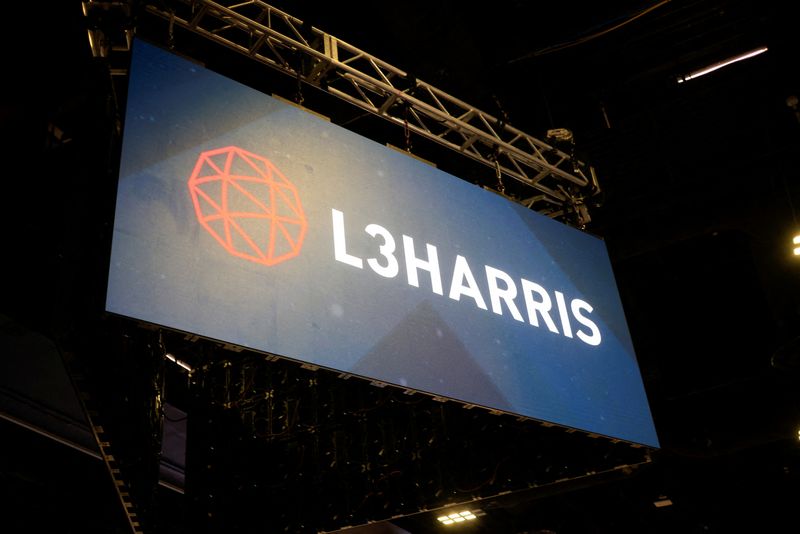
US defense contractor tells Musk panel that Pentagon bureaucracy is the problem

By Mike Stone
WASHINGTON (Reuters) – The CEO of one of the world’s biggest defense contractors, L3Harris Technologies (NYSE:LHX), told President-elect Donald Trump’s government efficiency panel in a letter on Wednesday that the Pentagon’s huge contracting system is too slow and bureaucratic to meet threats posed by China and Iran and needs to be reformed.
The letter, which was seen by Reuters, makes Melbourne, Florida-based L3Harris one of the first big U.S. corporations to directly lobby Trump’s Department of Government Efficiency, calling for reforms that could boost corporate profits and speed Pentagon action. Companies normally pay lobbyists millions of dollars to advocate on their behalf.
L3Harris ranks as the 10th largest global defense firm by revenue, with more than $15 billion in annual defense sales.
Trump created the efficiency panel, dubbed DOGE, following his November election, naming billionaire entrepreneur and Tesla (NASDAQ:TSLA) CEO Elon Musk and former Republican presidential candidate Vivek Ramaswamy as its co-heads, with the aim to dismantle bureaucracy, cut regulations and restructure agencies.
In his letter to the panel, L3Harris CEO Chris Kubasik said: “America’s current defense acquisition system is slow and bureaucratic and does not provide our warfighters with new capabilities at the speed of relevance to the threats they are facing.”
The Aerospace Industries Association, which is currently chaired by Kubasik, is expected to send a similar letter to the Musk panel in the coming days.
The U.S. defense industrial base is straining to meet the surge of demand that has mushroomed as a result of Russia’s invasion of Ukraine. Global ministries of defense have been lining up to submit orders to boost their inventories, and the U.S. is seeking to replenish stockpiles of weaponry and munitions sent to Kyiv.
While Musk’s efficiency panel is expected to recommend widespread job cuts across the federal government, defense firms want more expertise at the Defense Department, which already employs more than 160,000 people working on contracting.
“The contracting community is decimated. We’ve tried for almost two decades to rebuild the contracting community. You can’t hire enough and you can’t retain enough,” said Keith Webster, president of the U.S. Chamber of Commerce’s Defense and Aerospace Council and Federal Acquisition Council.
Musk and Ramaswamy have made several suggestions on defense spending, with Musk criticizing the trillion-plus-dollar F-35 program and Ramaswamy lobbying for the Pentagon to consider more quickly delivered and less expensive emerging technologies.
Kubasik’s letter outlined four key recommendations to overhaul the defense procurement system, including easing accounting and reporting standards for defense contractors, increasing contracting expertise among top officials at the Pentagon and limits on the number of protests to contract awards from losing bidders.
Specific contracting expertise for procurement shared by multiple branches of the military is needed at the highest level, the Office of the Secretary of Defense, Kubasik wrote, suggesting a new procurement group be formed at that high level.
Kubasik also wants the number of contract award protests a company can file annually to be limited to three, with financial penalties for unsuccessful challenges.
His letter stressed that these changes would accelerate the delivery of critical capabilities to U.S. armed forces while reducing costs to taxpayers.


